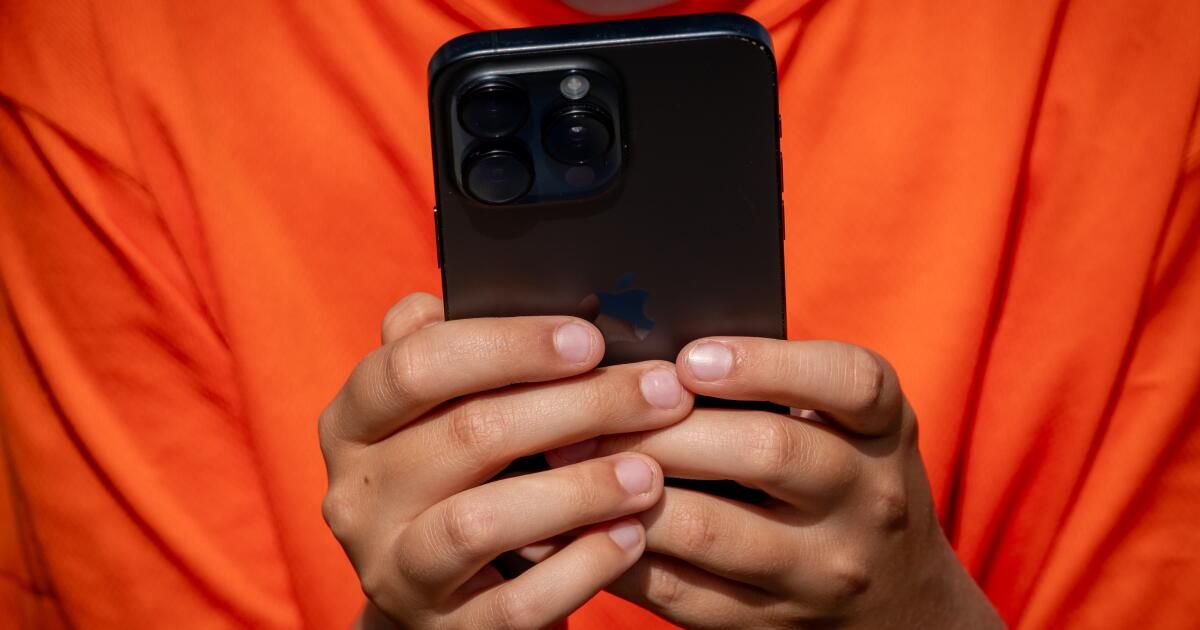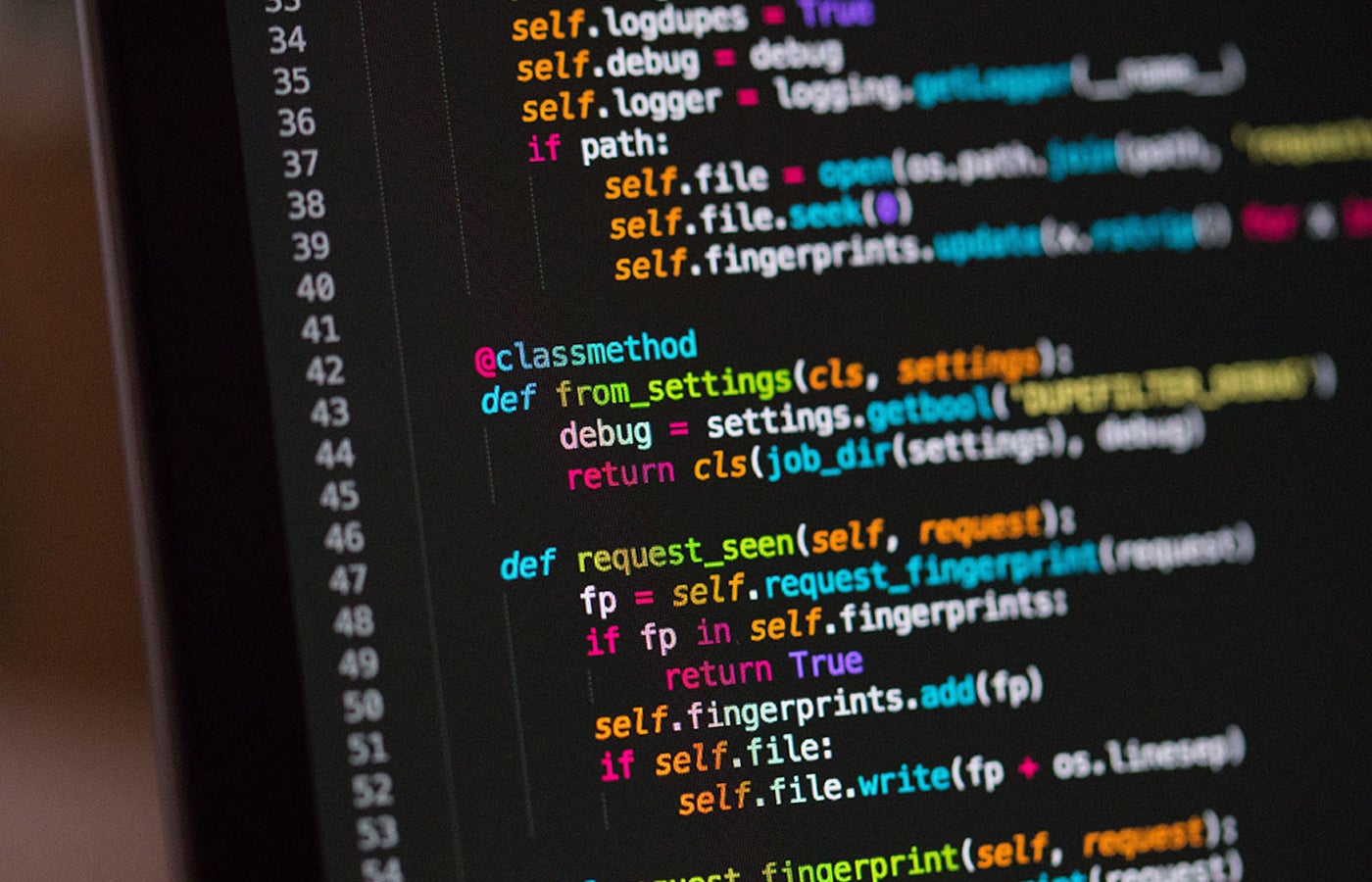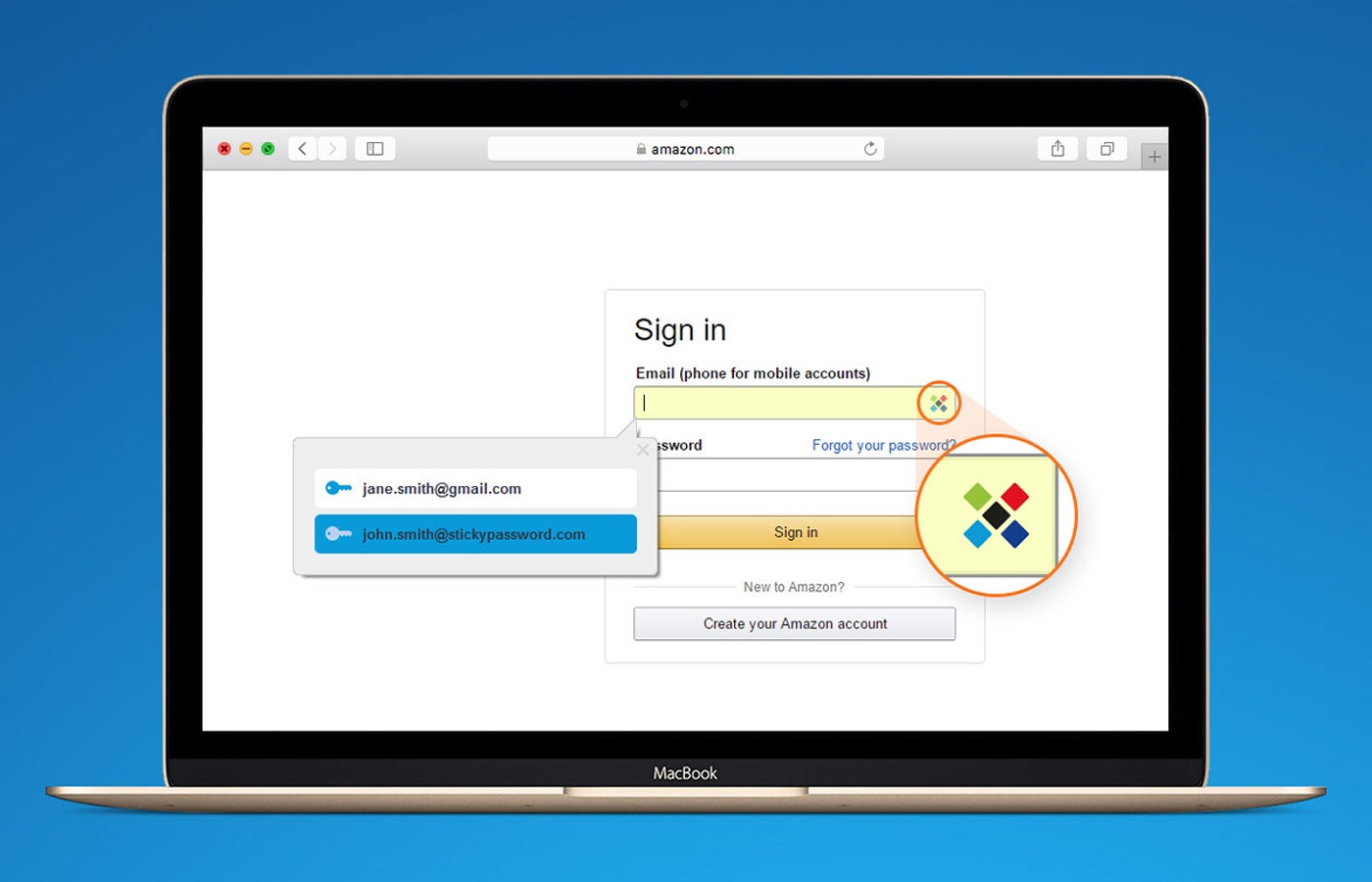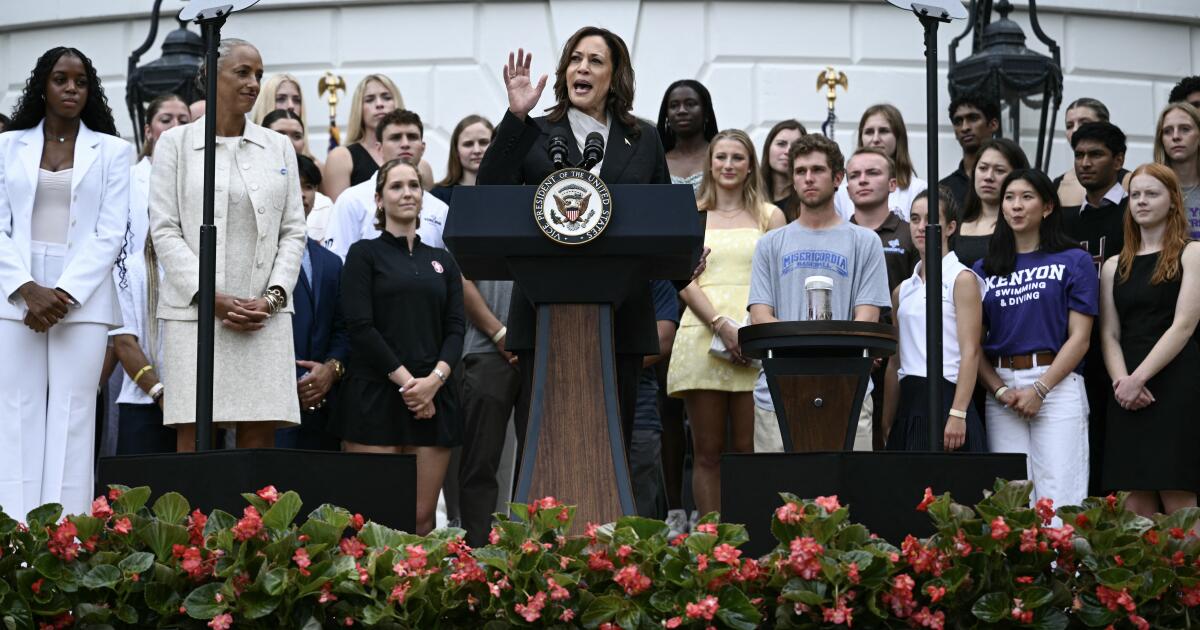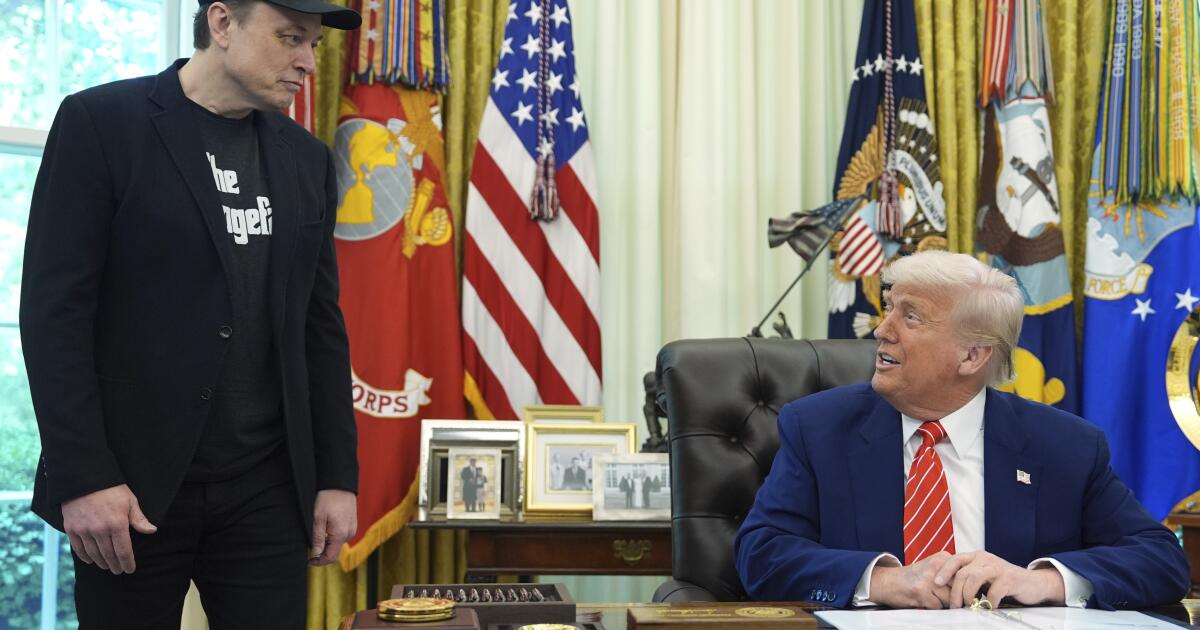At Venice High School's recent back-to-school night, I was struck by how many classrooms had signs posted prohibiting students from using their cell phones.
But I wondered, how do teachers treat children who break the rule?
“I try not to be punitive,” my niece’s ethnic studies teacher said.
Well, why not? I wanted to ask. Why not send them to the vice principal's office like teachers did in the good old days?
Opinion columnist
Robin Abcarian
A few days later, my ninth-grade daughter proudly showed me a TikTok dance video she and her friend made in her math class.
“Why were they filming themselves in class if phones are banned?” I asked.
“Oh, it was before the bell rang,” she said, “and the teacher said it was okay.”
Seriously? Maybe it's the teacher who needs a scolding from the vice principal. (I'm kidding, Mr. P!)
About a week later, I found myself among hundreds of parents at a Zoom meeting that was billed as an opportunity for Los Angeles Unified School District parents to discuss the district’s new policy banning smartphones during the school day.
It soon became clear that parents were not being questioned. Yeah They are in favor of banning cell phones (the Board of Education approved the resolution in June), but they are unsure of how best to implement it when it goes into effect in January. That realization led one parent to blurt out, “This whole meeting was stupid and pointless.”
It's true that the district could have done a better job explaining the purpose of the meeting, but it was valuable to hear from parents, especially parents who are also teachers, who lamented the stress and distraction of monitoring cell phone use in their classrooms.
“They’re not wrong to not have taken their input into account,” Nick Melvoin, a member of the LAUSD board of trustees, told me unapologetically this week. Melvoin, a former teacher, spearheaded the resolution. “This is a policy that benefits kids and benefits teachers. Every school that has done this says, ‘I wish we had done this sooner.’”
While there seemed to be general agreement that the ban was a positive step, I was surprised by how many parents were strongly opposed to it.
Negative reactions ranged from “My daughter needs her phone at all times to manage her anxiety” to basically “Over my dead body.” One mother said she didn’t care. that The district implemented it, but she and her son weren't going to accept it.
Sadly, and unsurprisingly, many parents were concerned about school shootings and the need for children to be able to let their parents know they are safe. But let's be honest, phones don't make people safe.
Still, Melvoin said, in an emergency “it’s much safer for everyone for kids not to text and for adults to do their jobs. Part of this is trying to change the culture around our phone addiction. We want to be in touch with our kids all the time, but we shouldn’t have to. They have to develop some independence, and even a vibration in your pocket or backpack is distracting.”
The good news is that Los Angeles Unified is not alone. Many private schools already ban phones, and a handful of states have adopted no-phone policies.
In August, the California Legislature passed a bill requiring school districts to develop policies limiting smartphone use by July 2026.
“Frankly, school boards in general need to be pushed to deal with this,” said Democratic state Sen. Ben Allen (D-Santa Monica), a co-author of the bill. “There are always reasons to delay, but the data shows that phones lead to learning loss, lower grades, increased depression, physical fights, decreased concentration, decreased ability to learn. We need to change the culture to a place where this is not acceptable.”
And let me add that this is a problem that extends beyond the classroom door.
When they're not in class, kids are on their phones at school, ignoring each other in favor of texting, Snapping, and anything else that distracts them from face-to-face interaction.
So how do you get kids to stop using phones?
Some schools collect phones in the morning at lockers, while others provide magnetic cases that kids have in their possession but can only be opened upon leaving school or by teachers and administrators. At a large school like Venice High, Melvoin said, cases seem to make more sense. A case for each student would cost the district about $6 million, according to Melvoin, a reduction from its $15 billion annual budget. “The return on this investment will be huge.”
Mar Vista-based 10-year-old Yondr, a pioneer in the field of phone cases, first created them to free live performers from the constant, distracting use of cell phones in the audience. Many artists have adopted the practice of turning off cell phones, including Alicia Keys, Guns N' Roses, the Lumineers, Dave Chappelle and Chris Rock.
As CEO Sarah Leader told me, teachers began reaching out to the company. The bags are now used in thousands of schools in all 50 states and 27 countries. The company estimates that more than 2 million students will be using them by the end of this year, double the number that was in use by the end of 2023.
“We’re not taking anything away from them,” Leader said. “We’re giving kids access to a phone-free education.” Yondr works with schools to train staff and make sure kids and their parents understand how and why a phone-free day can improve the school experience.
It turns out there are all sorts of unexpected benefits to letting kids put down their phones. Schools using the cases are seeing more meals being consumed in their cafeterias, Leader said, “because kids feel better about eating when they’re not being recorded.” Some schools, she added, are reporting more library books being checked out.
Banning cell phones in schools won't solve all the problems caused by technology that has gotten out of control.
But don't you agree that it's a great first step?
@robinkabcarian

